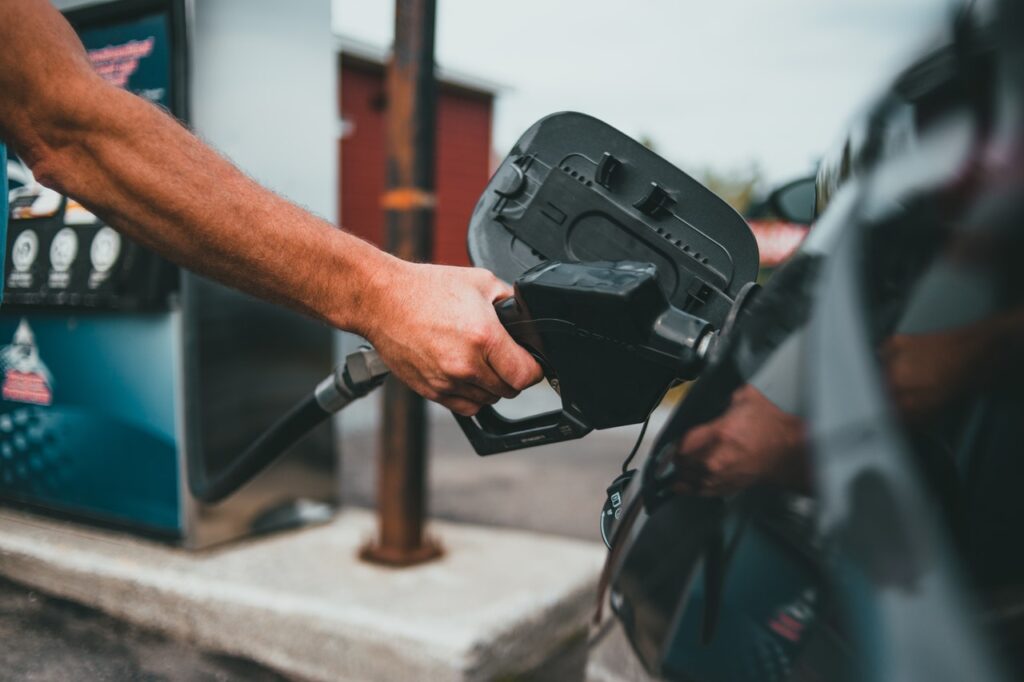*In San Mateo County, among the highest in California

Data from a recent survey by the American Automobile Association (AAA) reveals that two-thirds of Americans felt gasoline prices were too expensive just weeks ago when they stood at 3.53 dollars per gallon. Now, with the national average at an all-time low of more than 4 dollars, Americans may have reached a tipping point.
